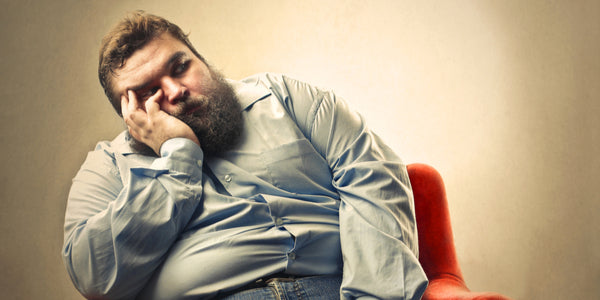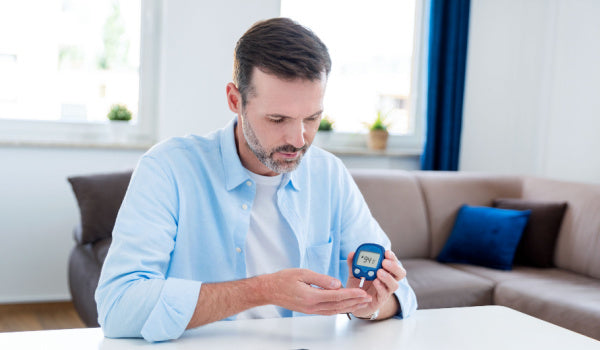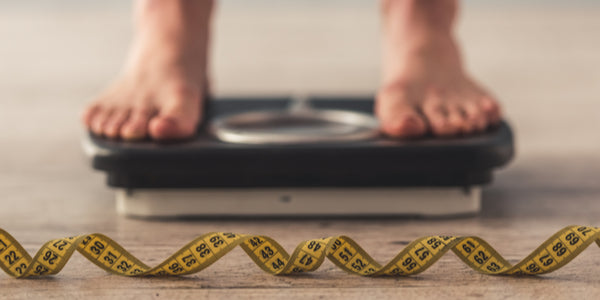
In the pantheon of contemporary culture, neither Adonis nor Aphrodite has love handles.
But two thirds of Americans do. Yet, contrary to conventional stereotypes, their excess weight hasn't hampered their interest in having a healthy sex life. In fact, research shows that overweight men are just as interested in sex as the next guy; they just may not be as able to perform.
Now, when it comes to performance anxiety, low self-esteem about body image can be a real impediment to confidence, so that may account for some of the problem.
But experts say that 90 percent of erectile dysfunction is physical in origin, not psychological. In large-scale studies, nearly 80 percent of men who reported having erectile dysfunction were also overweight or obese.
So, perhaps it won't be a surprise that a recent study published in the Journal of the American Medical Association has yielded some promising news about resolving this sensitive problem, and it doesn't have anything to do with little blue pills you hear advertised during major sporting events.
The research in question was a two-year study conducted at the Second University of Naples, Italy. The subjects were recruited from a campus weight-loss clinic. They were all obese men between the ages of 35 and 55. All reported some degree of erectile dysfunction, but they were otherwise healthy, without the complications of diabetes, hypertension or heart disease that are so common with obesity.
Half of the subjects were supervised by medical professionals in individualized weight-loss treatment programs. They were educated about diet, fitness and personal behavioral adjustments in visits with a nutritional counselor and a personal trainer, every month for the first year, and then bi-monthly during the second year of the study.
The other half--the control group--just got general information about exercise and healthy dietary choices during visits every other month during the two-year study period.
By the end of the study, all the men in the supervised group had lost weight and experienced various health and sexual function improvements. In fact, by the time they'd achieved a weight loss of just 10 percent, erectile dysfunction was completely alleviated for one out of three men in that group.
But there was no change in weight for the control group, and even by the end of the study, only three of the 55 men in the control group had recovered normal erectile function.
Perhaps the most important finding of this study is one the researchers weren't even trying to prove: regardless of the objective, the weight loss effort is more effective with professional supervision. Remember that these men were all what you would call "motivated" subjects; they were recruited from among people who had already shown up at a weight-loss clinic, so they wanted to lose some weight. But even at that, the subjects who didn't have any particular guidance just couldn't do it.







